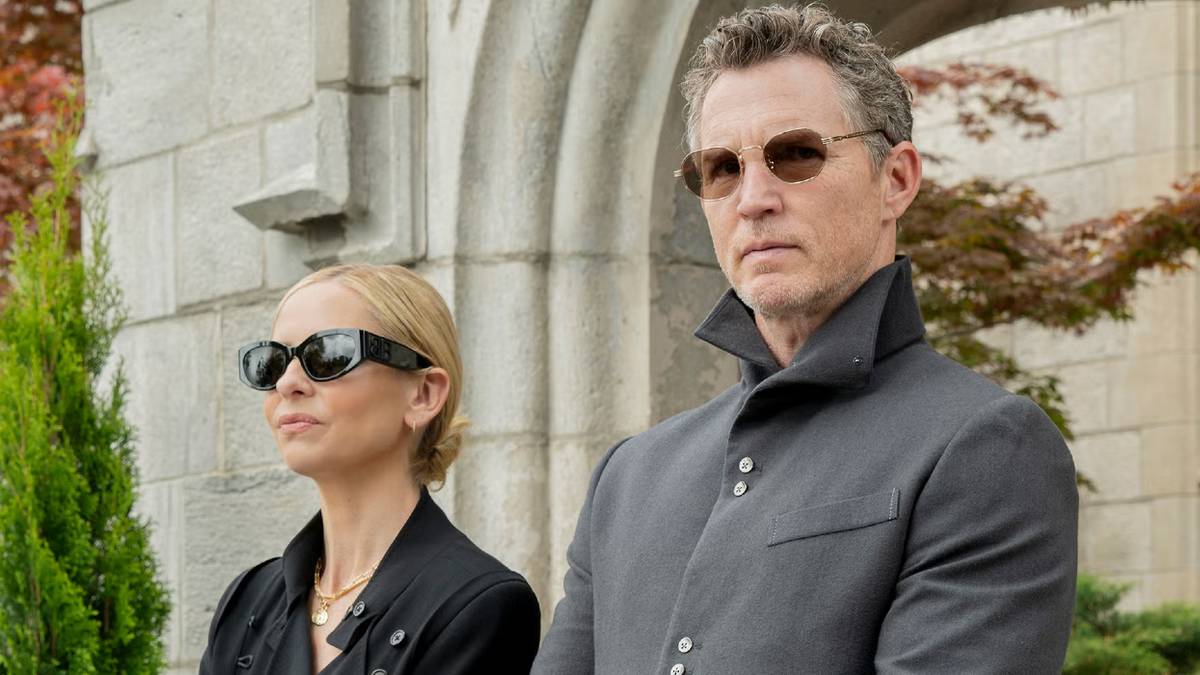UK Rail Fares Frozen for First Time in 30 Years: Passengers Celebrate Relief

The government has announced a historic freeze on rail fares in England for 2026, marking the first such freeze in 30 years. This surprising move, set to be confirmed by Chancellor Rachel Reeves in the upcoming budget, aims to combat inflation, alleviate the cost of living crisis, and foster economic growth. Prime Minister Keir Starmer and Chancellor Reeves are banking on this measure, alongside support for energy bills, to mitigate potential political repercussions from anticipated tax increases, particularly as Starmer seeks a positive reaction from markets and consumers to ensure his political future.
The freeze will specifically apply to regulated fares, which encompass season tickets, peak returns for commuters, and off-peak returns between major cities. These categories account for over a billion passenger journeys annually in England. Transport Secretary Heidi Alexander confirmed that instead of a projected rise of at least 4.8% (based on July’s RPI inflation rate), passengers will benefit from an absolute freeze. This decision is expected to save commuters on expensive routes more than £300 a year. For instance, a typical commuter using a flexi-season ticket three days a week could save £315 annually on the Milton Keynes to London route, £173 from Woking to London, and £57 from Bradford to Leeds. A full-time commuter from Canterbury to London could avoid an annual season ticket rise of over £400, which would have pushed the cost to £8,929.
While train companies may still increase the price of other fare types, such as advance tickets or first-class seats, it is notable that all operators are slated to be under state control by the end of 2027 as part of plans for a nationalized Great British Railways. The government highlighted that the changes are part of broader initiatives to rebuild a publicly owned Great British Railways, delivering value for money through digital ticketing solutions like 'tap in tap out' and investments in superfast Wi-Fi.
This fare freeze comes after a period of significant increases, with regulated fares in England rising by approximately 64% since 2010. Transport costs currently represent about 12% of household spending. The decision stands in stark contrast to the continuous freeze on fuel duty for motorists since 2010, a point often raised by public transport advocates.
Chancellor Rachel Reeves emphasized that her budget priorities include cutting the cost of living, alongside reducing NHS waiting lists and national debt. She stated that freezing rail fares is a key choice to ease pressure on household finances and facilitate travel for work, school, or visiting friends and family. Transport Secretary Heidi Alexander echoed these sentiments, expressing a desire for cheaper rail travel and linking the freeze to wider plans for a Great British Railways that the public can be proud of.
The announcement has been met with widespread approval from various organizations. Ben Plowden, chief executive of Campaign for Better Transport, welcomed the move, stressing that cost is a primary concern for train travellers and that affordability will encourage more people to choose rail, benefiting the economy and environment. Mick Whelan, general secretary of the train drivers' union Aslef, praised the “right decision” for helping passengers and growing the railway as Britain's green alternative. Alex Robertson, chief executive of Transport Focus, called it “extremely welcome news” for passengers who prioritize value for money. Eddie Dempsey of the Rail, Maritime and Transport union saw it as a “welcome first step towards better value fares,” advocating for a well-staffed network. TUC general secretary Paul Nowak highlighted the shift from “the failed era of privatisation” to publicly-owned railways that prioritize passengers.
This relief follows previous fare increases, including a 4.6% rise (1% above RPI) revealed in last year's budget documents, and even higher increases under the preceding Conservative government (5.9% and 4.9%), though these were below soaring RPI. It's important to note that decisions regarding fares in Scotland and Wales are handled by their respective devolved governments and are yet to be announced.
You may also like...
Premier League Fury: Chelsea & West Ham Hit With Heavy Fines Over Mass Brawl

Chelsea and West Ham have been hit with significant fines by an independent regulatory commission following a mass confr...
NBA Shocker: Luka-LeBron Botch Crushes Lakers' Hopes Against Magic

The Los Angeles Lakers suffered a narrow 110-109 defeat to the Orlando Magic, following a critical botched inbounds play...
Ryan Gosling Shines in 'Project Hail Mary,' Early Buzz Hails 'Must-See Space Odyssey'

Phil Lord and Christopher Miller's "Project Hail Mary" is receiving stellar early reviews, with critics calling the sci-...
Margot Robbie's Latest Epic Love Story Dominates Box Office, Outperforms 'RRR'

"Wuthering Heights," director Emerald Fennell's controversial adaptation of Emily Brontë's novel, has achieved significa...
End of an Era? Mike Patton Hints at Faith No More Split, Fans Brace for Impact

Mike Patton suggests Faith No More's active period may be over, citing an unspoken sense of closure after their last per...
Rock & Roll Hall of Fame Shakes Up 2026 With Star-Studded Nominee List and Artist Reactions

The Rock & Roll Hall of Fame has announced its 17 nominees for the Class of 2026, featuring 10 first-time contenders lik...
Snoop Dogg Unveils Shocking Connection to Bitter Beckham Family Spat

Hollywood megastar Snoop Dogg has weighed in on the ongoing Beckham family feud, which saw Brooklyn Beckham publicly acc...
Shawn Hatosy's Shocking 'Twin, Wife, Mom' Remark on Sarah Michelle Gellar's Ursula

"Ready or Not 2: Here I Come" picks up immediately after the first film, as Grace's survival triggers a new, dangerous g...



